Video games have always pushed boundaries, but some releases have stirred more controversy than others. From violent content to ethical concerns, these games have sparked debates, legal battles, and even calls for censorship. While some of these titles became infamous for their content, others faced backlash for broken promises or technical issues. Despite the controversies, each of these games has left a lasting mark on the industry, shaping the way we think about video games and their impact on society.
Grand Theft Auto V
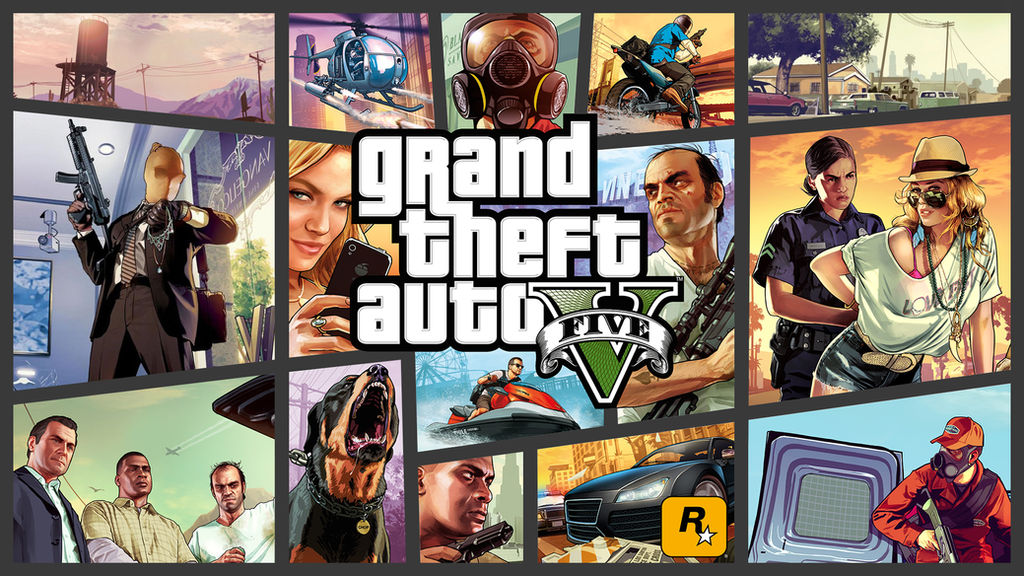
Released in 2013, Grand Theft Auto V sparked outrage for its depiction of violence, crime, and explicit content. The game’s storyline, involving drug deals, heists, and brutal violence, pushed the boundaries of what was acceptable in mainstream gaming. Critics argued that it glorified criminal behavior, while defenders pointed out its satirical nature and strong narrative. Despite the controversy, the game became one of the best-selling titles of all time. Its impact on the industry and society remains a hot topic of debate.
Mortal Kombat
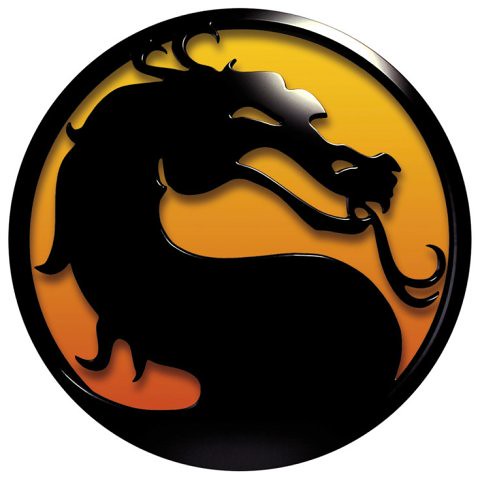
Mortal Kombat, launched in 1992, was a pioneer in bringing graphic violence to video games. Its “fatalities,” gruesome finishing moves, led to widespread criticism and even congressional hearings in the United States. This uproar eventually contributed to the creation of the Entertainment Software Rating Board (ESRB). Fans praised its innovative gameplay and realistic graphics for the time, while detractors feared its influence on younger players. The game’s legacy is undeniable, having shaped the conversation around violence in video games for decades.
Call of Duty: Modern Warfare 2
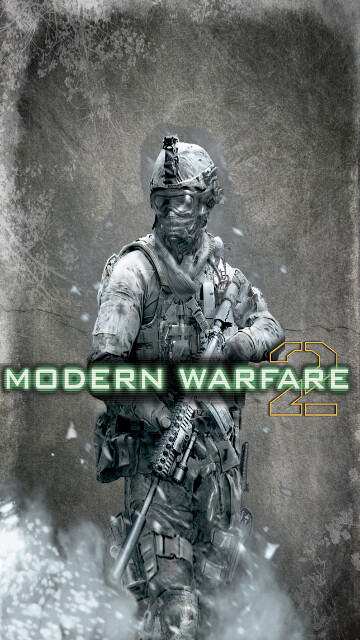
Call of Duty: Modern Warfare 2 in 2009 introduced the infamous “No Russian” mission, where players could participate in a mass shooting at an airport. The level was optional, but its inclusion sparked a firestorm of criticism and debate about the ethical boundaries of video games. Some saw it as a bold narrative choice, while others considered it deeply irresponsible. The controversy did not hurt sales, as the game became one of the most successful entries in the series. However, it left a lasting mark on discussions about morality in gaming.
Manhunt
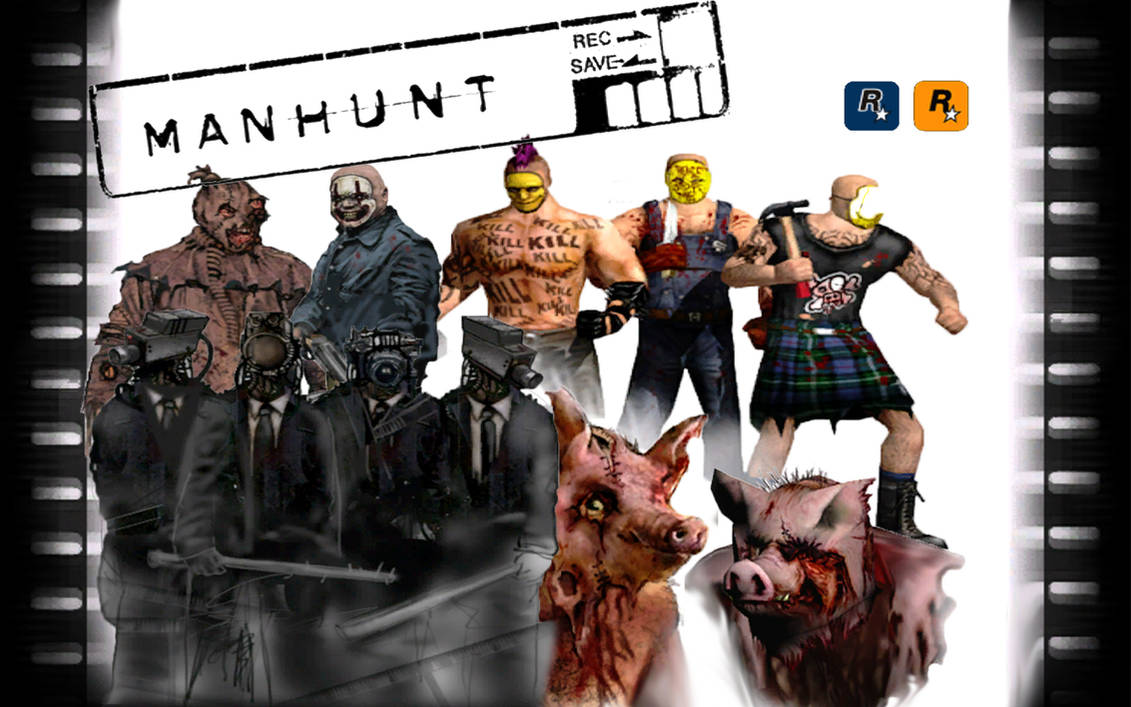
Manhunt, released in 2003, was condemned for its extreme violence and disturbing content. Players controlled a death row inmate forced to commit brutal murders in a snuff film scenario. The game was banned in several countries, and its release sparked debates about the limits of artistic expression in video games. Critics accused it of promoting sadistic behavior, while fans praised its intense atmosphere and dark storytelling. The controversy only fueled its notoriety, making it a notorious example of how far video games could push the envelope.
Bully

In 2006, Bully faced significant backlash for allegedly encouraging bullying and violence in schools. Developed by Rockstar Games, the creators of Grand Theft Auto, it was feared that the game would inspire real-life harassment and misconduct among students. The game’s portrayal of schoolyard conflicts and pranks drew the ire of parent groups and educators. However, upon release, many found it to be a nuanced and satirical take on school life, rather than a promotion of bullying. The controversy, though, ensured its place in the spotlight.
Postal 2
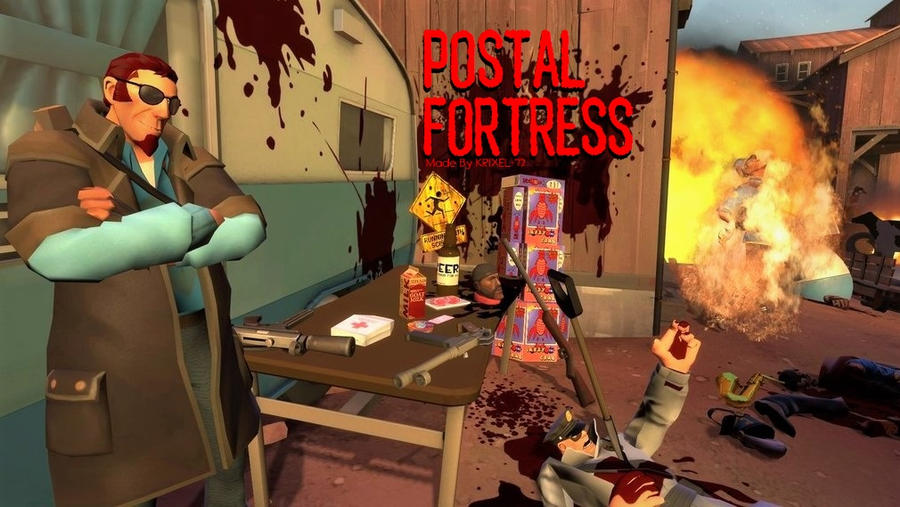
Postal 2, released in 2003, became infamous for its dark humor and extreme violence. The game allowed players to engage in chaotic behavior, including urinating on people, setting them on fire, and committing other atrocities. Critics lambasted it for its lack of moral boundaries and offensive content, with some countries banning it outright. The developers defended it as a satire of American culture and media, arguing that the controversy was part of its appeal. Despite—or perhaps because of—the uproar, Postal 2 gained a cult following.
Resident Evil 5
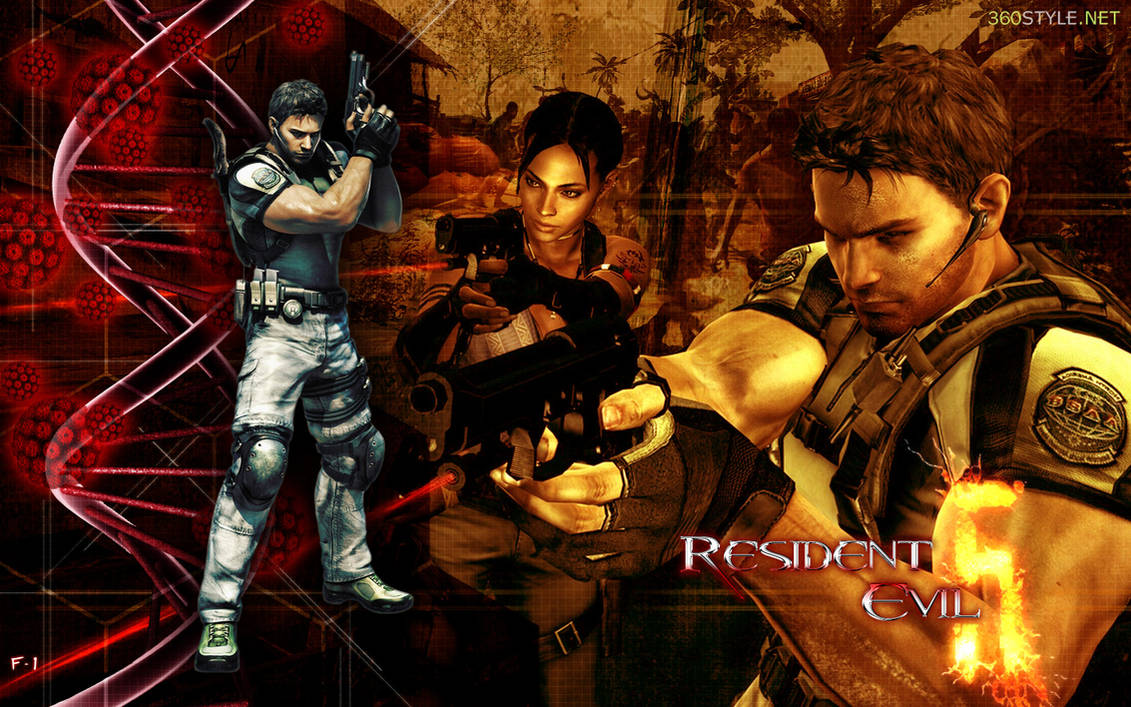
Resident Evil 5, released in 2009, was criticized for its depiction of Africa and the portrayal of its African characters. The game’s setting in a fictional African country and its predominantly black zombie enemies sparked accusations of racism and cultural insensitivity. Capcom, the developer, argued that the game was not intended to be offensive and was simply continuing the series’ tradition of setting its games in various global locations. Despite the controversy, it was commercially successful. However, the debate over its portrayal of race continues to shadow its legacy.
Mass Effect 3

When Mass Effect 3 was released in 2012, it quickly became controversial due to its ending. Fans of the series were outraged by what they saw as an unsatisfactory conclusion to the trilogy, with many claiming that their choices throughout the games did not matter. The backlash was so intense that BioWare, the game’s developer, released an extended cut to address the criticism. Despite the controversy, the game was critically acclaimed for its gameplay and storytelling. The incident sparked discussions about player agency and the relationship between developers and their audience.
Hatred
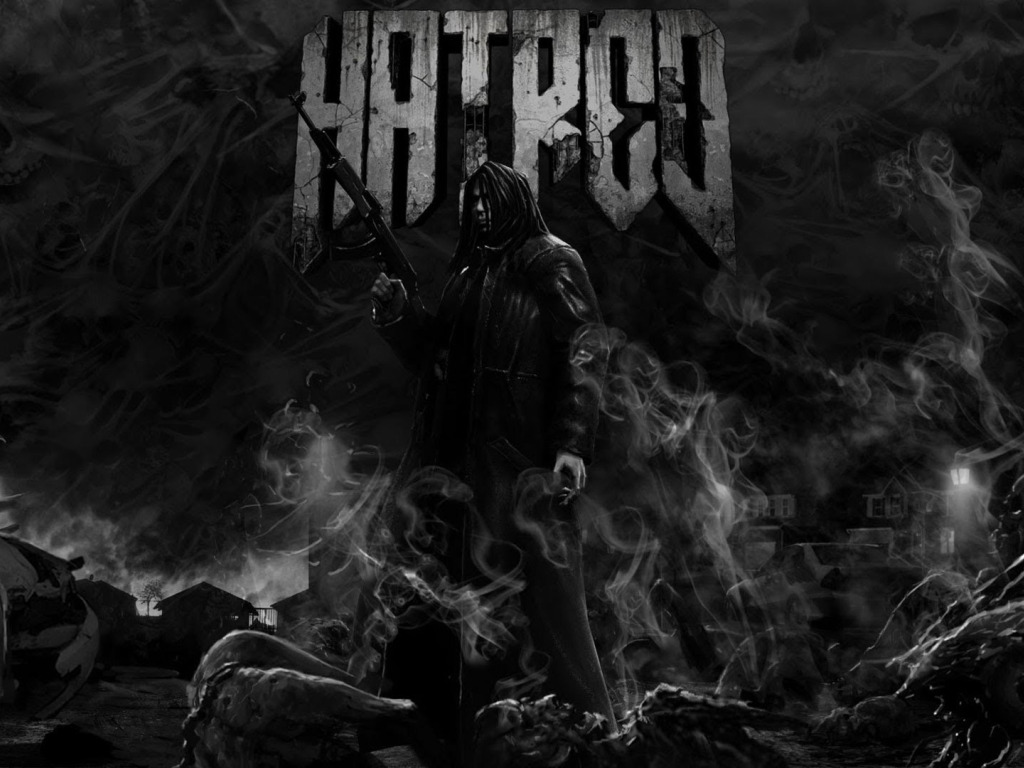
Released in 2015, Hatred was a game centered around mass murder, where players controlled a character with the sole objective of killing as many people as possible. The game was heavily criticized for its nihilistic premise and gratuitous violence, with many calling it a “murder simulator.” It was temporarily removed from the Steam platform before being reinstated due to backlash against censorship. The developers defended it as a form of artistic expression, though few were convinced by this argument. Hatred remains one of the most controversial games ever released.
Six Days in Fallujah

Announced in 2009 and eventually released in 2021, Six Days in Fallujah was immediately controversial due to its depiction of the Second Battle of Fallujah, a real-life conflict in Iraq. Critics, including veterans and military families, argued that it was too soon to make a game about such a traumatic event. The game was seen as an attempt to profit from the pain and suffering of those involved. Developers insisted it was meant to be an educational and respectful portrayal of the battle. The controversy delayed its release by over a decade, making it one of the most contentious games ever made.
South Park: The Stick of Truth
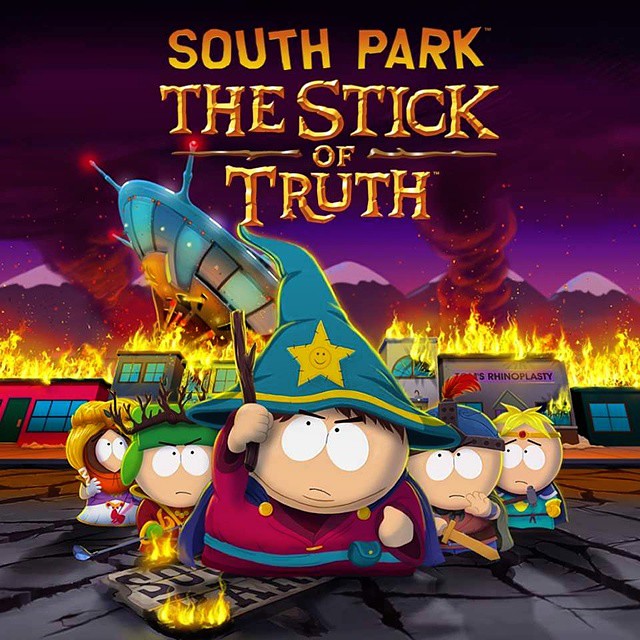
South Park: The Stick of Truth, released in 2014, was controversial even before its release due to the nature of the source material. Based on the infamous South Park TV show, the game featured crude humor, offensive content, and scenes of graphic violence. It was censored in several countries, with certain scenes being altered or removed entirely. The developers, known for pushing boundaries, embraced the controversy, claiming that it was in line with the show’s irreverent style. Despite—or perhaps because of—the uproar, the game was a commercial success.
Fortnite

Fortnite, released in 2017, became a cultural phenomenon but also faced criticism on multiple fronts. The game’s addictive nature led to concerns about its impact on children, with parents and educators raising alarms over excessive screen time and in-game purchases. Additionally, some accused it of copying elements from other games, leading to legal disputes. Despite these issues, Fortnite has remained immensely popular, generating billions in revenue and influencing the gaming industry in significant ways. The debates surrounding it reflect broader concerns about gaming’s impact on society.
No Man’s Sky
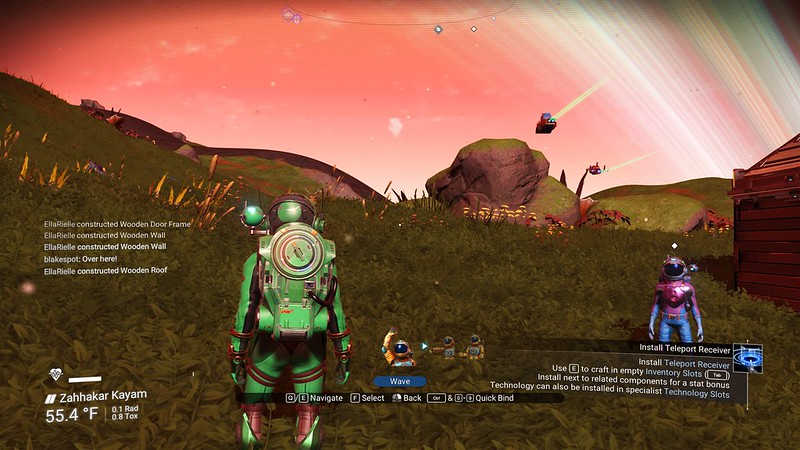
When No Man’s Sky was released in 2016, it faced significant backlash for failing to deliver on its promises. The game’s marketing had promised a vast, procedurally generated universe with multiplayer features, but the initial release lacked many of these features. Players felt misled, and the game was widely criticized for its lack of content and technical issues. Over time, however, the developers worked to improve the game, adding new features and updates that addressed many of the initial complaints. The controversy surrounding its launch remains a cautionary tale about the dangers of overhyping a game.
Pokémon Go
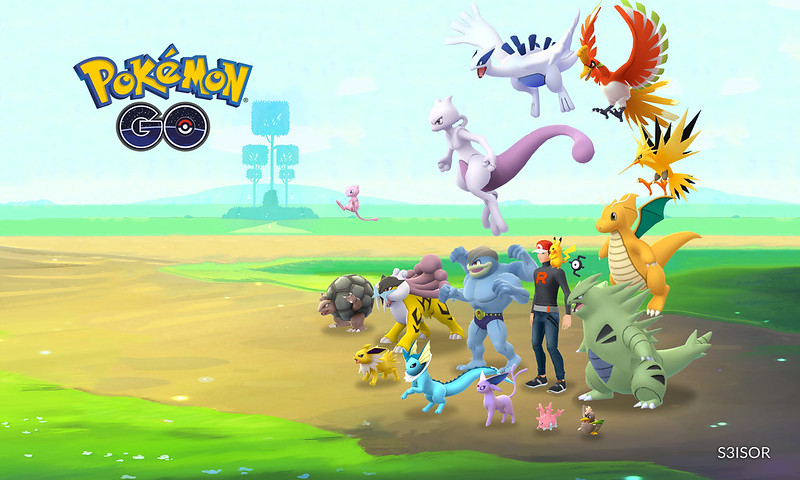
Pokémon Go, released in 2016, quickly became a global sensation, but it also sparked numerous controversies. The game’s use of augmented reality led to accidents, trespassing, and other safety concerns as players roamed the real world to catch Pokémon. Authorities in several countries issued warnings about the dangers of playing the game in certain locations, such as near roads or in restricted areas. Despite these issues, the game’s impact on mobile gaming and popular culture was undeniable. The controversies highlighted the challenges of blending digital and physical worlds in gaming.
Assassin’s Creed: Unity
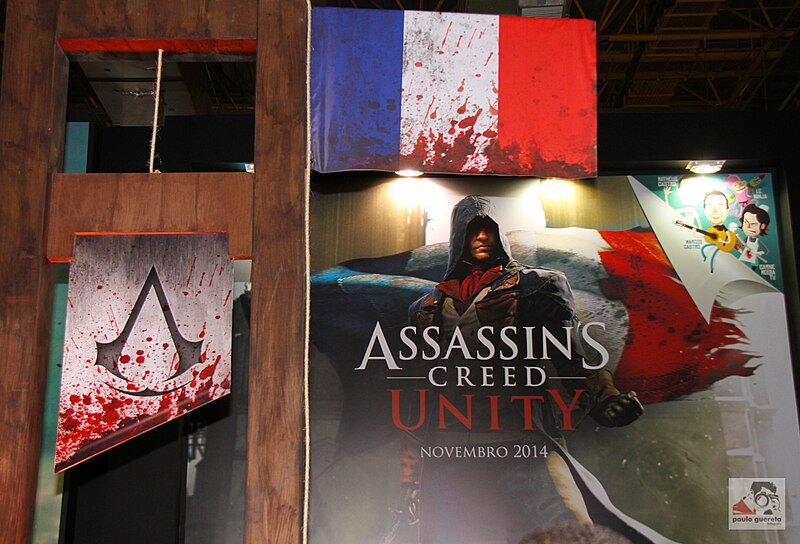
Assassin’s Creed: Unity, released in 2014, faced a storm of criticism upon its release due to numerous technical issues and bugs. The game, set during the French Revolution, was highly anticipated, but players were disappointed by the game’s broken state at launch. The controversy escalated as gamers and critics alike called out Ubisoft for releasing an unfinished product. Patches were eventually released to address the problems, but the damage to the game’s reputation was done. This incident led to broader discussions about the industry’s practice of releasing games before they are fully polished.
Doom
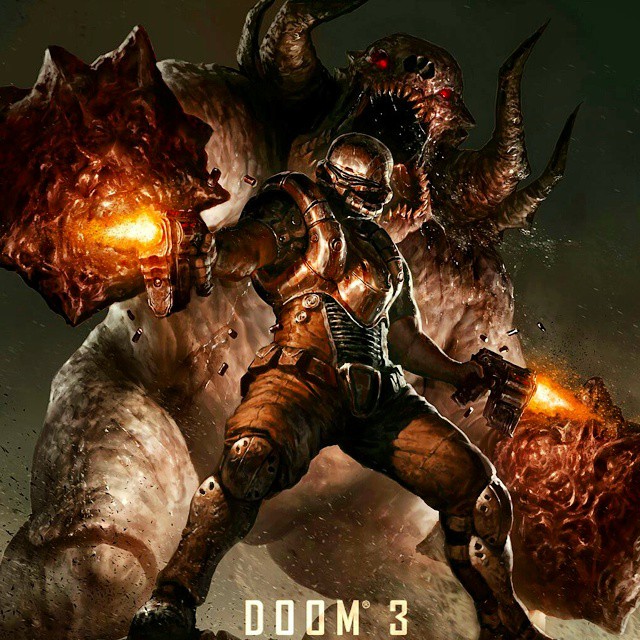
Doom, released in 1993, is often credited with popularizing the first-person shooter genre, but it was also one of the most controversial games of its time. The game’s graphic violence and satanic imagery led to widespread condemnation from religious groups and politicians. It was blamed for inspiring real-world violence, particularly after the Columbine High School massacre in 1999, where the perpetrators were known to be fans of the game. Despite the controversy, Doom became a landmark title in gaming history, influencing countless games that followed. The debates it sparked about video game violence continue to this day.
This article originally appeared on Rarest.org.
More From Rarest.Org
Skyscrapers are marvels of modern engineering and design, standing tall as symbols of human innovation and progress. These towering structures not only shape the skylines of cities around the world but also represent the cultural and economic aspirations of their locations. Read more.
Ferrari, a brand synonymous with speed, luxury, and engineering excellence, has produced some of the most iconic and sought-after cars in automotive history. Over the years, these masterpieces have not only captured the hearts of enthusiasts but have also set astounding records at auctions around the world. Read more.
In a world where biodiversity is increasingly under threat, the story of plants brought back from the brink of extinction offers a glimmer of hope. These remarkable species, once teetering on the edge of oblivion, have been saved through dedicated conservation efforts, highlighting the resilience of nature and the importance of preserving our planet’s rich diversity. Read more.



